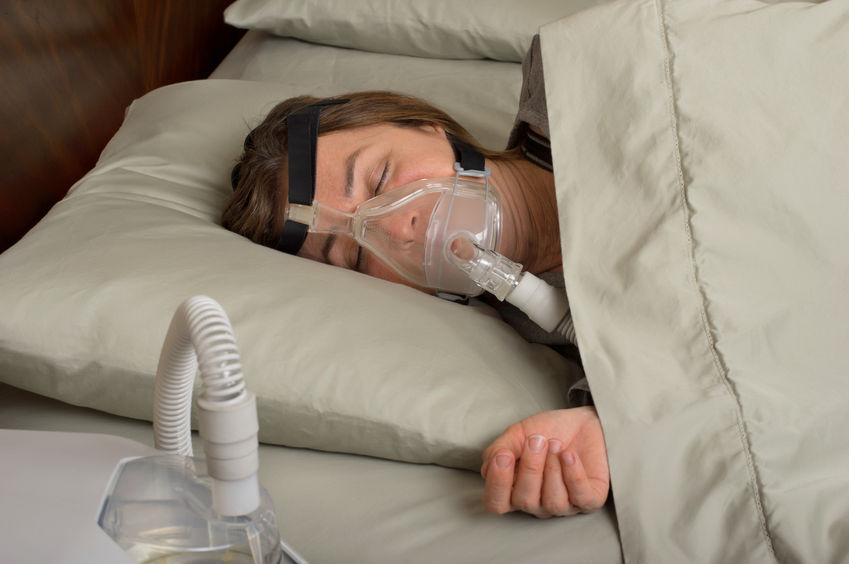According to new research, treating sleep apnea with continuous positive airway pressure (CPAP) could help people with pre-diabetes improve their blood sugar levels.
Nearly 57 million people in the U.S. have prediabetes, marked by elevated blood sugar levels that aren’t quite high enough to be considered diabetes.
CPAP is the most widely accepted and common treatment for sleep apnea patients. The device, which includes a tube and face mask, is worn overnight as it blows a constant pressure of air into the sleeper’s lungs to keep their upper airway open so they can breathe.
Published in the American Journal of Respiratory and Critical Care Medicine this month, researchers at the University of Chicago studied 39 middle-aged volunteers with both sleep apnea and prediabetes, who were also overweight or obese. Monitored overnight in a sleep lab, 26 of the volunteers were randomly chosen to undergo two weeks of CPAP treatment, which required wearing the device for 8 hours each night. The other 13 volunteers only received a placebo pill before bedtime, but all volunteers were allowed to leave the lab during the day.
After two weeks of measuring blood sugar levels and the stress hormone noradrenaline, the results showed that the CPAP group had 27% lower levels of stress hormones, an improved insulin ability to regulate their blood sugar and as well as lower blood pressure, compared to the placebo group.
“Despite the demonstrated efficacy of lifestyle interventions and the availability of many drug treatments, the economic and public health burden of diabetes remains enormous,” said Esra Tasali, MD, assistant professor of medicine at the University of Chicago and senior author of the study. “Assessment of sleep apnea should be considered in patients at high risk for diabetes and cardiovascular disease, since our study shows that treatment of sleep apnea can reduce these risks.”


No comments yet.